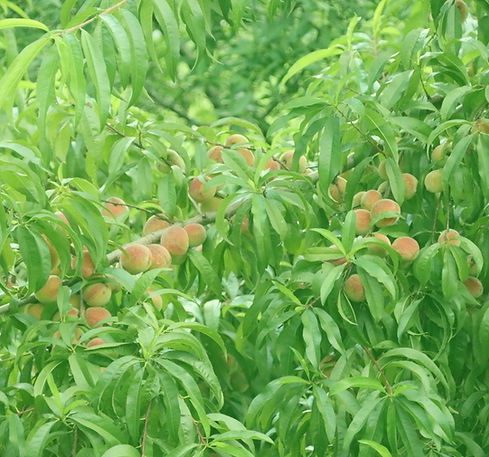

ONLINE GROWER'S WORKSHOP SERIES
STARTS
FEBRUARY 1, 2025
Ready For This Years Growing Season?
5 Successive Classes Will Cover:
A soil plant model will be presented to describe a common language for discussing plant soil interactions
- Minerals, biology, organic matter cycling, voltage and acidity
These principles will be used to evaluate the effects of human and natural interventions, mineral availability, pathogen and insect susceptibility
Sustainable, regenerative approaches for nurturing soils, plants, ourselves and the entire ecosystem
Influencing plants during specific phases of development
Each class will include an interactive zoom presentation, a demonstration making biological or mineral amendments using local ingredients, and plenty of time for conversation including your questions. Learn to nurture the entire ecosystem.
Share Experiences With People From Around The World
All classes are recorded for viewing to accommodate local time zones and a deeper learning at an individual pace
Space is limited
Detailed Descriptions


Class 1 - Plant Soil Model
Plant roots live in a complex soil ecosystem. A plant/soil model explaining the relationships between plant roots and soils is presented. Minerals, biology, building organic matter are discussed and summarized. These concepts will be repeated and built on throughout the program to explain plant health, amendment benefits and applications, cover crops, weeds, mulches and composting.
Making vinegar extractions will be demonstrated.
Class 2 - Plants Are Electric
Healthy food comes from healthy plants which grow in healthy soils. This is a complex system driven by plant energy. We are all electric! The role of voltage and acidity in our understanding of insect and pathogen attacks will be introduced. The plant soil ecosystem is sensitive to human and natural interventions. We will focus discussion around minimizing the effects of interventions and the plant energy needed to correct them.
Making lactic acid bacteria will be demonstrated.




Class 3 - Mineral and Biological Amendment Tool Box:
Acquiring mineral and biological amendments sustainably is easy once sources are identified. Many are free, found locally and often close waste gaps. Making and using homemade mineral and biological amendments will be described. Laboratory analysis results that support their efficacy will be reviewed. Long term strategies for improving soil characteristics will be presented.
Making leaf mold biology will be demonstrated.
Class 4 - Plant Sap Circulation, Foliar Sprays and Drenches:
There are two plant sap circulation pathways, each offers a different way to feed plants. Their use feeding plants throughout the growing season will be discussed. Providing needed nutrition during phases of plant development will be presented. Learn how to feed the entire ecosystem not just plants. Foliar spraying, in conjunction with the analysis results of homemade amendments, defines a short-term mineralization strategy.
Making fermented plant juices will be demonstrated.




Class 5 - Garden Tools: Compost, Cover Crops, Mulch and Weeds!
Compost, cover crops, mulches and weeds are the tools nature uses to nurture the soil, never leaving it bare. Each of these tools will be reviewed with pictures and videos showing sequences of incorporation throughout the growing season. These sequences, combined with the long and short-term strategies of classes 3 and 4, form the methods of sustainable, regenerative agriculture. Learn to use what you have to nurture soil, plants ourselves and the entire ecosystem. Use nature as a guide.
There is always enough.

